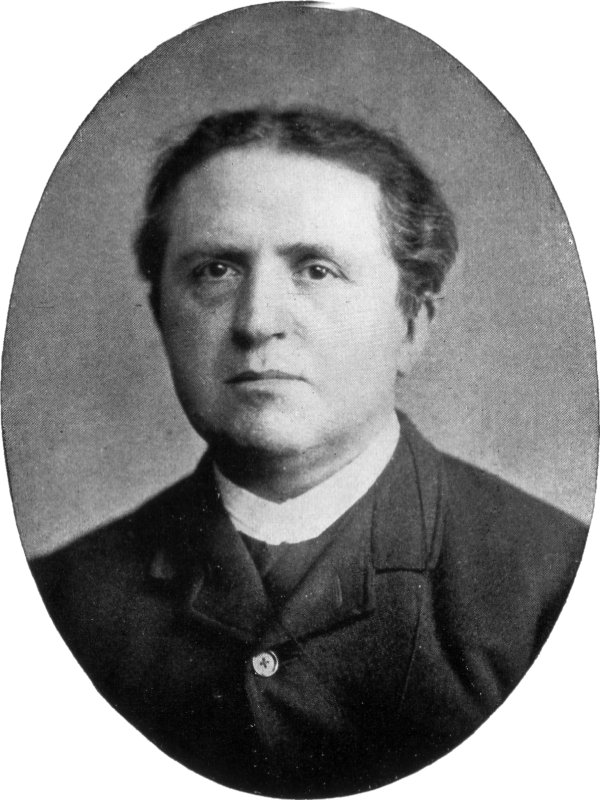Abraham Kuyper, a prominent figure in Dutch politics and theology during the late 19th and early 20th centuries, had a profound impact on both the political landscape of the Netherlands and the development of Christian political thought.
Kuyper’s political career was closely intertwined with his theological beliefs, particularly his adherence to Calvinism. Kuyper was a staunch advocate for the separation of church and state (not state from God), a principle deeply rooted in his Calvinist worldview. He believed that the state should have limited authority in religious matters and that individual churches and religious institutions should be autonomous. This perspective was instrumental in shaping the political landscape of the Netherlands, where religious pluralism was a central issue.
Kuyper’s efforts culminated in the formation of the Anti-Revolutionary Party (ARP) in 1879, which sought to protect the rights of religious communities and promote religious freedom within a “democratic”classically liberal framework.
What is Sphere Sovereignty?
One of Kuyper’s key contributions was his articulation of the concept of “sphere sovereignty.” He believed that various social spheres, including the state, the church, and the family, should each have their own distinct authority and responsibilities. This idea emphasized the importance of preserving the autonomy and integrity of these spheres, ensuring that the state did not infringe upon religious or societal freedoms.
Kuyper as Prime Minister
Kuyper’s political career saw him serve as the Prime Minister of the Netherlands from 1901 to 1905. During his time in office, he worked to advance social reforms, education, and labor rights while maintaining a commitment to religious freedom and sphere sovereignty. His legacy continues to influence Dutch politics and Christian political thought, with his ideas on the role of the state, religious freedom, and sphere sovereignty remaining relevant topics in contemporary discussions of politics and theology. Abraham Kuyper’s unique perspective on the state and Calvinism left an enduring mark on both Dutch society and broader theological and political discourse. Abraham Kuyper (1837-1920) dominated the religious and political life of the Netherlands for nearly half a century, and his ideas continue to inspire an international school of thought. This lecture was given in a series of six lectures that Kuyper delivered at Princeton Theological Seminary in 1898 as part of the Stone Foundation. Kuyper discusses Calvinism and the way it pertains to many aspects of life including politics, science, and art.

Leave a ReplyCancel reply